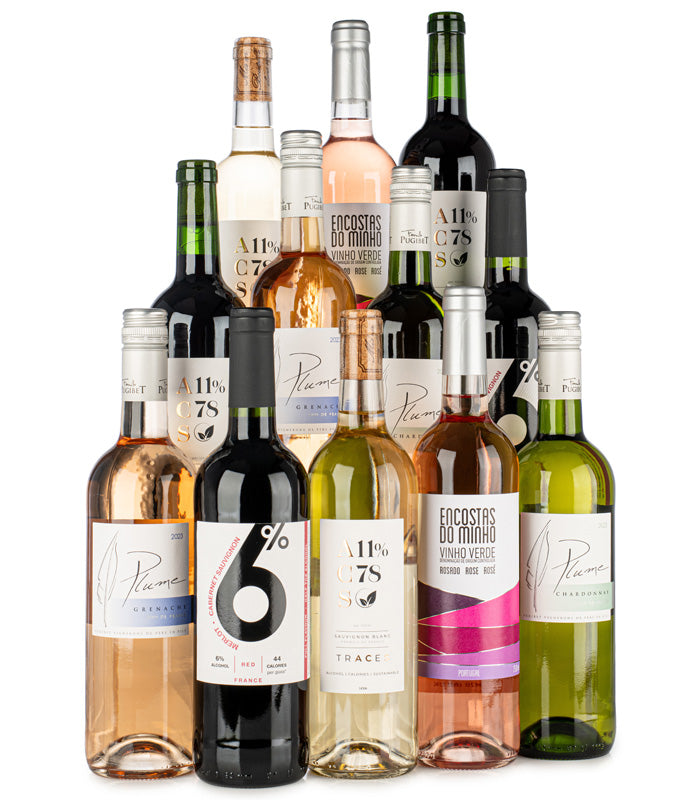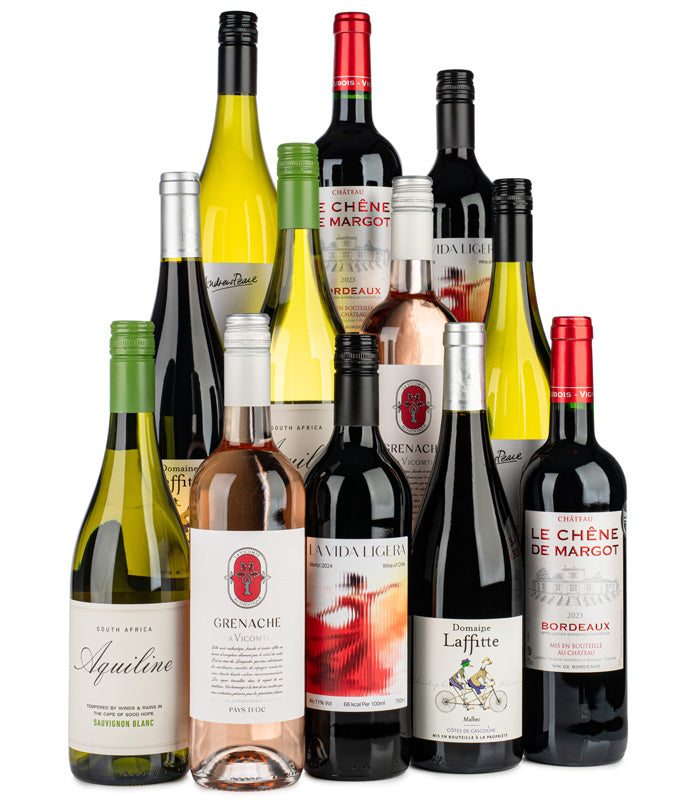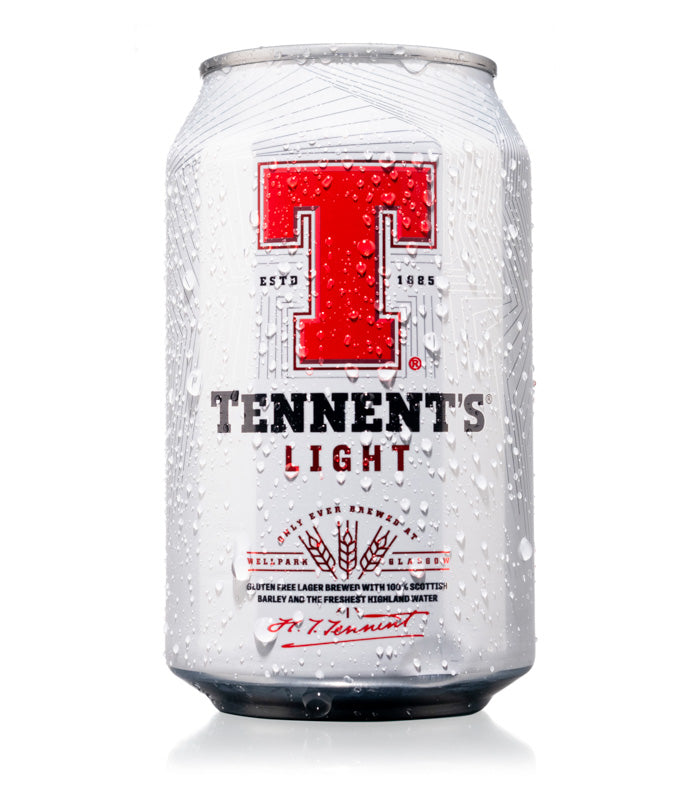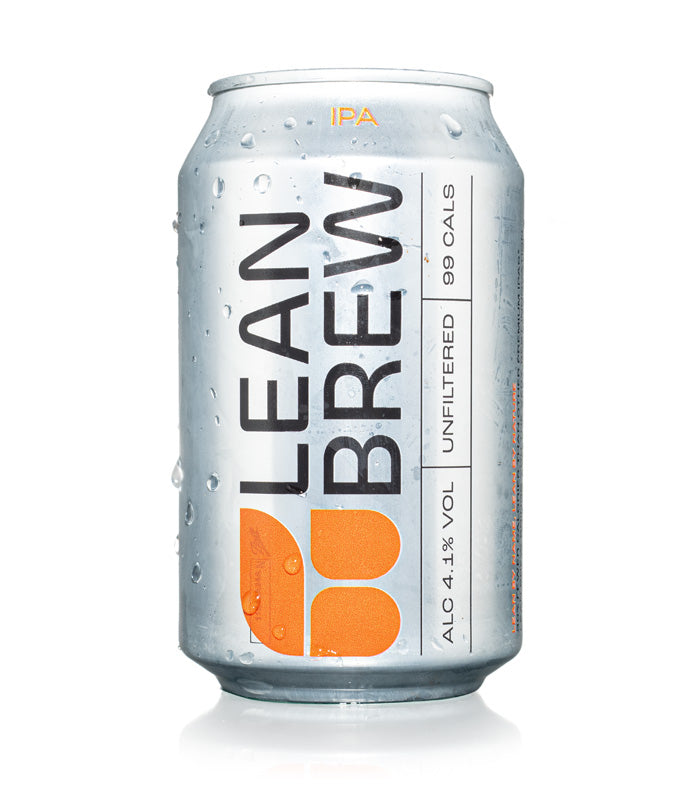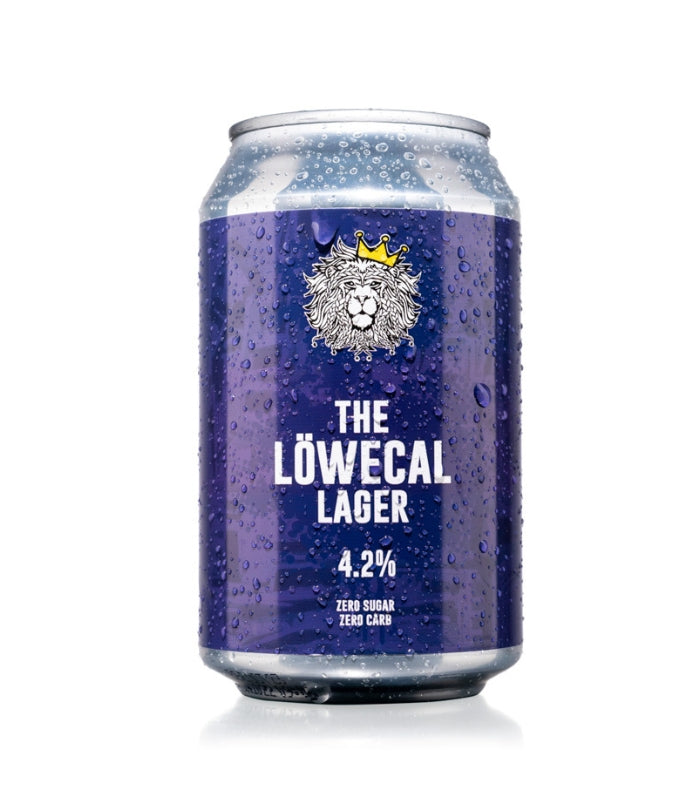How does it work


Frequently Asked Questions
How often will my wine be delivered?
The Wine Club is dispatched on a monthly basis. We'll dispatch all orders on the 1st of every month, or if that falls on a weekend, it will be the next working day. If you order after the 27th, you will receive the following month's box.
How many calories do I save?
We research and stock products from all over the world that may not specifically be marketed as ‘better for you'. Most products we have are lab-tested before they are launched on our site, and for others, we use a proven formula to obtain the calories and sugar content. All products must contain fewer calories than the average product from the same region or variety. Most of our wines have an average of 30% fewer calories*, and are completely sugar and carb-free. In addition to this, most of our beers have an average of 35% saving in calories and 70% lower carbs.
*30% fewer calories than Drinkaware statistics. 57 calories per unit.
Sugar & Carbohydrates in Wine
The carbohydrates in our wines are the same as the sugar value for each bottle of wine. There are no more carbohydrates in our wines other than the sugar levels stated on the website, unless stated otherwise. You will find our wines dry, due to having no added sugar or sweeteners in them.
No nutritional information on the label
Unfortunately, EU Legislation is behind the times, and it is not currently mandatory for producers of our products to include nutritional info on labels. We are working with the suppliers that produce the stock we sell to include this in the future; however, all the nutritional information is provided online before anyone buys our products. We campaign to bring the industry out of the dark ages on a regular basis and hope to see these changes implemented soon. But for now, we will be transparent in our marketing, product images & information to advertise the exact nutritional information for each bottle we sell. After a long time campaigning for nutritional information to be added to alcohol, this has now been recognised by the government and will be going to consultation on how calories and nutritional information should be on the bottles.
How are our products sugar free
The sugars from the fruit are fermented into the alcohol. However, most wine on the market does not process and remove residual sugar. The wines we stock either remove the residual sugar either manually or naturally. You can do this through a filtration process called conespinning, which filters out excess sugar. However the vast majority of our wines do this naturally. Wines that naturally have a very low residual sugar value post fermentation and filtration, which is commonly knows as full fermentation. The nuances of naturally occurring low residual sugar are, cooler districts, fruit picked very early in the morning where naturally occurring sugars and sugar enzymes are at the lowest point and fruit that is grown on the shaded slopes of mountainous vineyards, and the use of decreased micron filtration. As an example, there are rose wines on the supermarket shelves that can have over 45g of residual sugar, whereas ours allcontain less than 2g.
Highlands & Northern Ireland Increased Postage Charges
Our delivery charges are currently determined by the courier service we use, and unfortunately, this means slight increases to costs of delivery to areas such as Northern Ireland and the Scottish Highlands. This is something we are hoping to change in time, but for now we are unable to reduce these charges.
